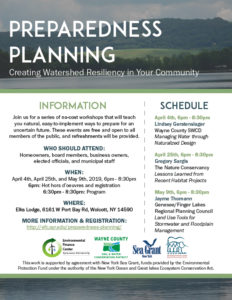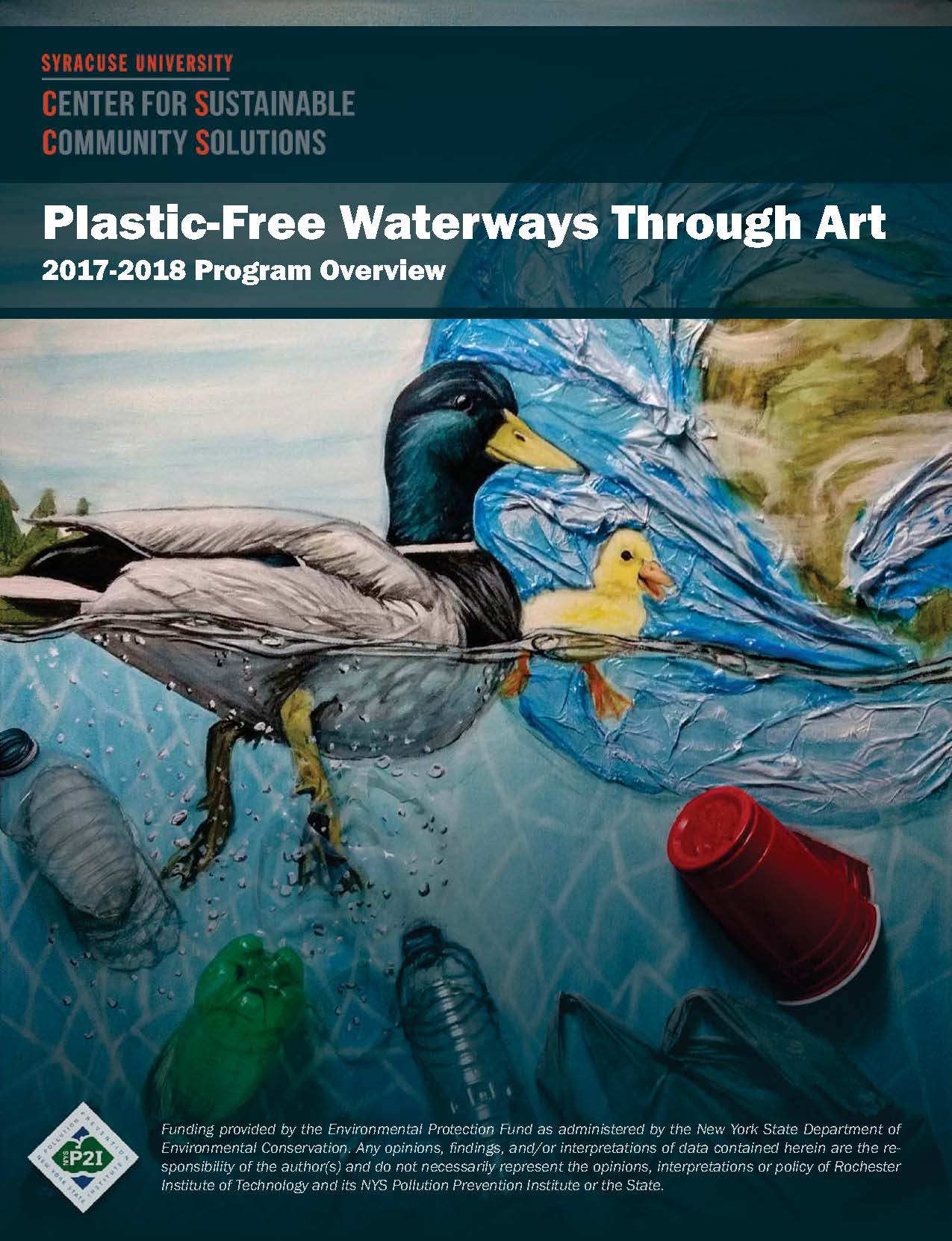
Develop Your Leadership Skills
April 2-3, 2019
Holiday Valley Resort, Ellicottville, NY
View the full program here.
Download program descriptions and bios.
Haven’t registered yet?
Check for space availability at the conference by calling Kathy Forrest, (315)443-1131.
About the Conference:
We invite you to join the SU-EFC for our annual Local Leaders Conference to be held at the Holiday Valley Resort in Ellicottville, NY. The purpose of this conference is to provide rural leaders in New York State the opportunity to discuss local governance needs and develop leadership skills, while networking with technical assistance providers and state and federal funding agency representatives.
Who Should Attend:
Supervisors and mayors, council/board members, town clerks and managers, DPW staff, town planners, engineers, and other interested community leaders are invited to attend.
Learn how to:
- Build support for decisions, reduce conflict and become a compelling communicator;
- Find funding for community resiliency and clean and safe water infrastructure;
- Communicate with the public, your board, regulatory and funding agencies;
- Engage the public and hold effective meetings;
- Develop competitive grant applications;
- Recruit and retain excellent talent for your workforce;
- Participate in the funding and financing roundtable for municipal infrastructure, with program updates and one-on-one discussion with state and federal agencies;
- And much more!
Registration Rates:
- Local Municipalities and Non-Profits: $50
- For-Profit Organizations: $75
Breakfast and lunch are included. After registering on the website, if you are paying by check, the check should be made out to Syracuse University and mailed to:
Syracuse University
Environmental Finance Center
727 E. Washington St.
Syracuse, NY 13244
Book overnight accommodations at the special conference rate of $134.00 per night for single/double occupancy, by contacting Holiday Valley Mountain Resort & Conference Center, 716-699-2345. When reserving accommodations, be sure to mention the Syracuse University Environmental Finance Center’s Local Leaders Conference special rate, which is available to registrants for the nights of Monday, April 1, and Tuesday, April 2, 2019.
About the Venue: This unique resort, located one hour south of Buffalo in the charming village of Ellicottville, is the perfect mix of business and leisure. Its large meeting rooms are centrally located near lodging, and attendees will be able to access the venue’s various recreational activities in their free time. Learn More
About SU-EFC | The SU-EFC facilitates the development of sustainable and resilient communities throughout US EPA Region 2 (New Jersey, New York, Puerto Rico, the US Virgin Islands, and eight tribal nations).
Contact | Please contact Kathy Forrest at kpforres@syr.edu for payment questions or if you have dietary restrictions. Please contact Meredith Perreault at maperrea@syr.edu for program questions.
This work is supported under a grant by the Rural Utilities Service, United States Department of Agriculture, and by the Smart Management for Small Water Systems program, administered by the Environmental Finance Center Network (EFCN), a university-based organization creating innovative solutions to the difficult how-to-pay issues of environmental protection and improvement.




